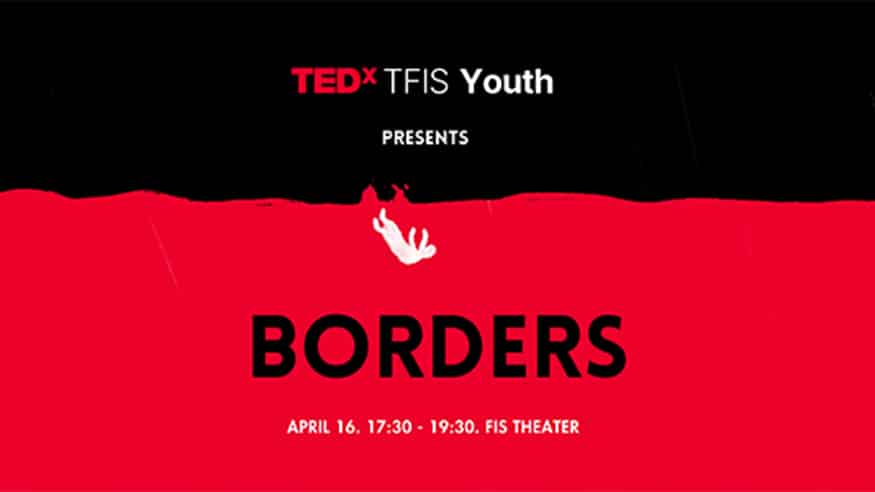I hope you will indulge me but I want to write about something that you may not expect from a head of school – failure. The sweetest victory is the one that’s most difficult. The one that requires you to reach down deep inside, to fight with everything you’ve got, to be willing to leave everything out—without knowing, until that do-or-fail moment, if your heroic effort will be enough. Society doesn’t reward defeat, and you won’t find many failures documented in history books.
The exceptions are those failures that become stepping stones to later success. Such is the case with Thomas Edison, whose most memorable invention was the light bulb, which purportedly took him 1,000 tries before he developed a successful prototype. “How did it feel to fail 1,000 times?” a reporter asked. “I didn’t fail 1,000 times,” Edison responded. “The light bulb was an invention with 1,000 steps” (“Thomas A. Edison”).
Unlike Edison, many of us avoid the prospect of failure. In fact, we’re so focused on not failing that we don’t aim for success, settling instead for a life of mediocrity. When we do make missteps, we gloss over them, selectively editing out the miscalculations or mistakes in our life’s résumé. “Failure is not an option,” NASA flight controller Jerry C. Bostick reportedly stated during the mission to bring the damaged Apollo 13 back to Earth, and that phrase has been etched into the collective memory ever since (“Failure Is Not an Option”). To many in our success-driven society, failure isn’t just considered a non-option—it’s deemed a deficiency, says Kathryn Schulz, author of Being Wrong: Adventures in the Margin of Error. “Of all the things we are wrong about, this idea of error might well top the list,” Schulz says. “It is our meta-mistake: We are wrong about what it means to be wrong. Far from being a sign of intellectual inferiority, the capacity to err is crucial to human cognition” (7).
So what does this mean for schools: learning from failure is a key component of a “growth mindset.” This concept comes from Carol Dweck’s 2006 book Mindset: The New Psychology of Success. A person or organization with a growth mindset is willing to try, fail, analyze and learn in order to get better at their chosen activity. This is opposed to a “fixed mindset”, where a person is more likely to believe that innate talent is the key to success. However, to learn from failure and build up that resilience, you must first be prepared to test yourself. And what is practice, if not trying something over and over again to work out why you’re failing at it, and then putting it right.
For children, helping them understand the importance of a growth mindset in their attitude to learning is crucial. Matthew Syed, journalist and author, uses the following example “suppose I’m a child that thinks talent’s important. I also think that I’m super talented. Can you see the risk there psychologically? I don’t have to work hard, I’m a genius! I’m going to get to the top anyhow” (13). Success, failure and practice, then, are all part of the same system and at the FIS we understand this and know that working on this will produce more resilient students able to learn from their mistakes. As a school, the FIS is continually working to create a culture where we are all constantly learning about how to improve, to be resilient and achieve our potential.
Liam Browne
Head of School
Dweck, Carol S. Mindset: The New Psychology of Success. New York City, Random House, 2016.
“Failure Is Not an Option.” Wikipedia, 30 Dec. 2022, en.wikipedia.org/wiki/Failure_Is_Not_an_Option. Accessed 26 Jan. 2023.
Schulz, Kathryn. Being Wrong: Adventures in the Margin of Error. London, Portobello, 2011.
Syed, Matthew. “Failure: The Greatest Tutor.” Cambridge Outlook, no. 24, Jan. 2017, pp. 12-13, www.scuolainternazionalepv.it/archivio/risorse/17/350598-cambridge-outlook-issue-24.pdf. Accessed 26 Jan. 2023.
“Thomas A. Edison Quotes About Light Bulbs.” AZQuotes, www.azquotes.com/author/4358-Thomas_A_Edison/tag/light-bulb. Accessed 26 Jan. 20





